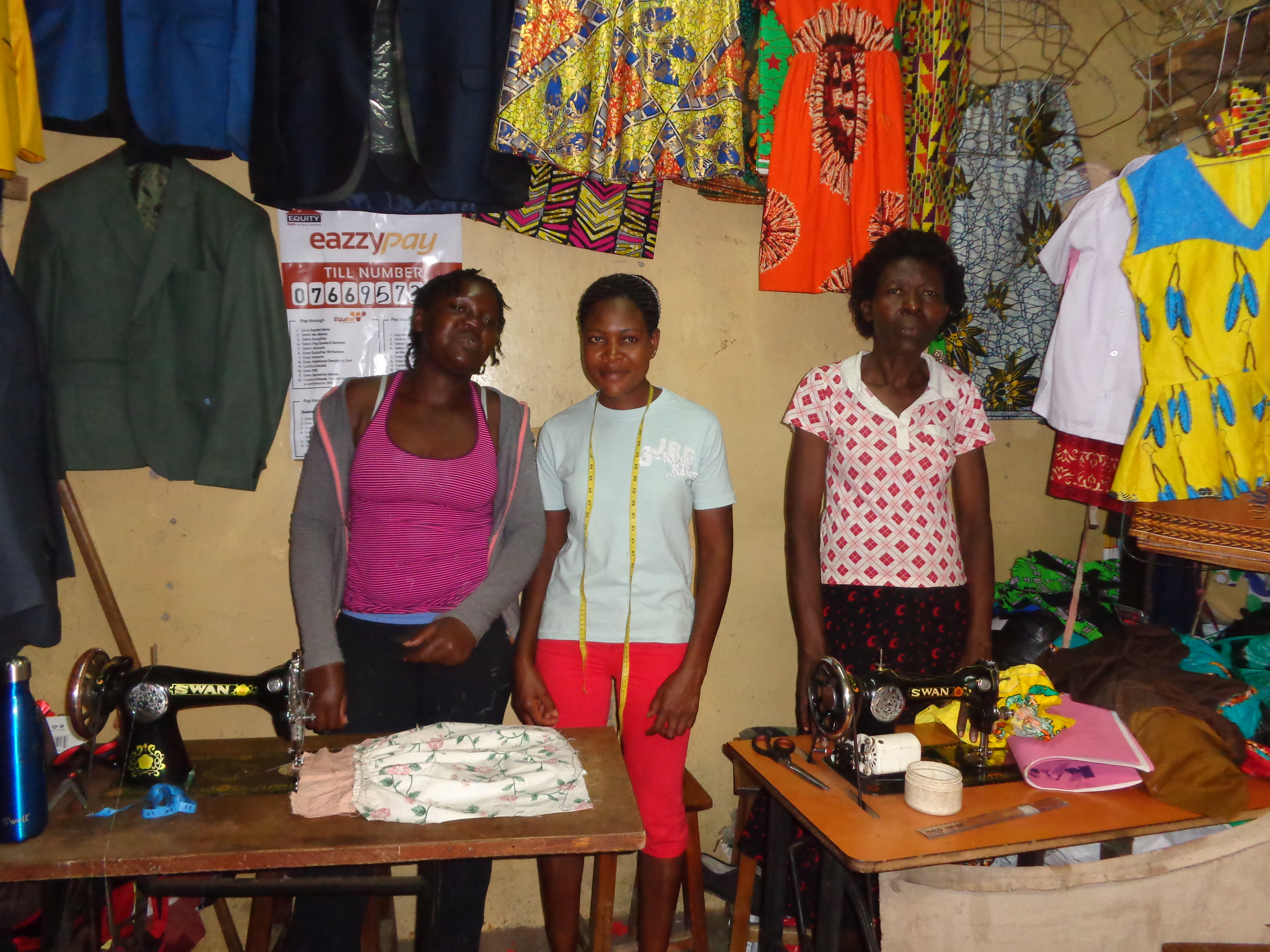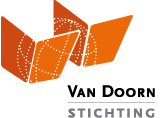The Foundation has a board, advisors and contact persons in the targeted countries who all work as volunteer. None of them receive a remuneration.
The board consists of a chairperson, secretary, treasurer, and board members without statutory position. The board is supported by two board advisers (school-management and finance) and three country advisers (in Kenya, Tanzania, and Uganda). The board meets every three months and discusses the implementation of the policy plan and, in consultation with the advisers, identifies strategies, and divides actions to be taken.
One of the board members assesses the initial applications for scholarships and another board member the initial applications for project funding. The country advisers assess the final applications, and the board awards the scholarships and grants on that basis.
Intermediaries at educational institutions and local governments secure good and clear communication and prevent corruption and malpractice. The contact persons at educational institutions are, if necessary, asked to judge the urgency of the scholarship. The contact persons at the local government are asked to consent to the proposed project activity. The scholarships will be paid directly to the educational institution and the grants, in principle, directly to the supplier of goods.

